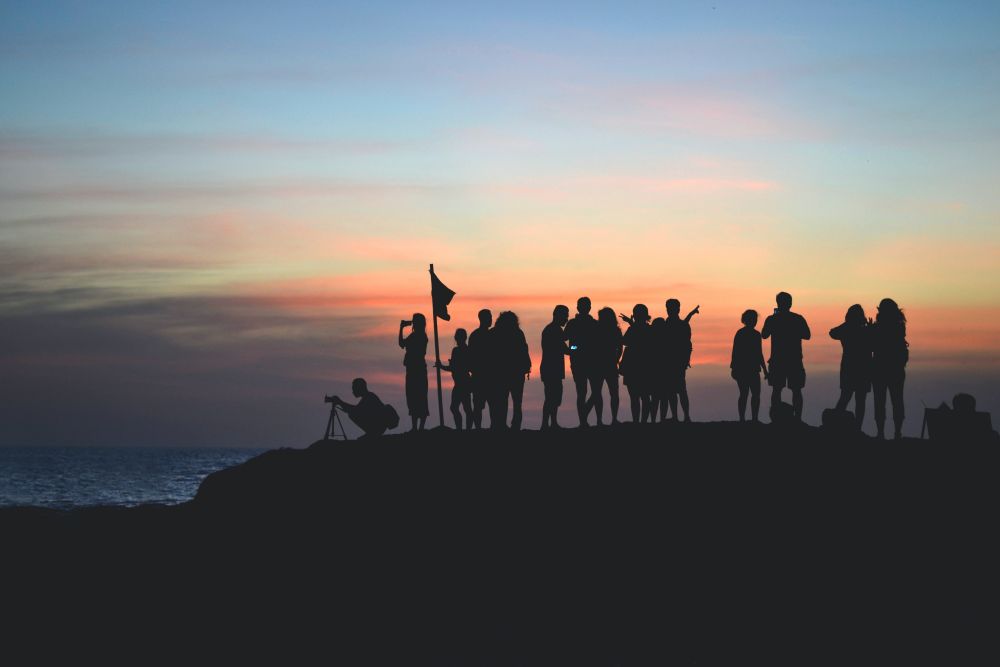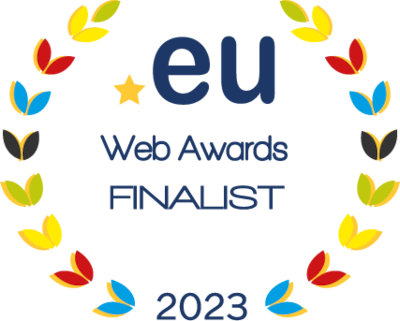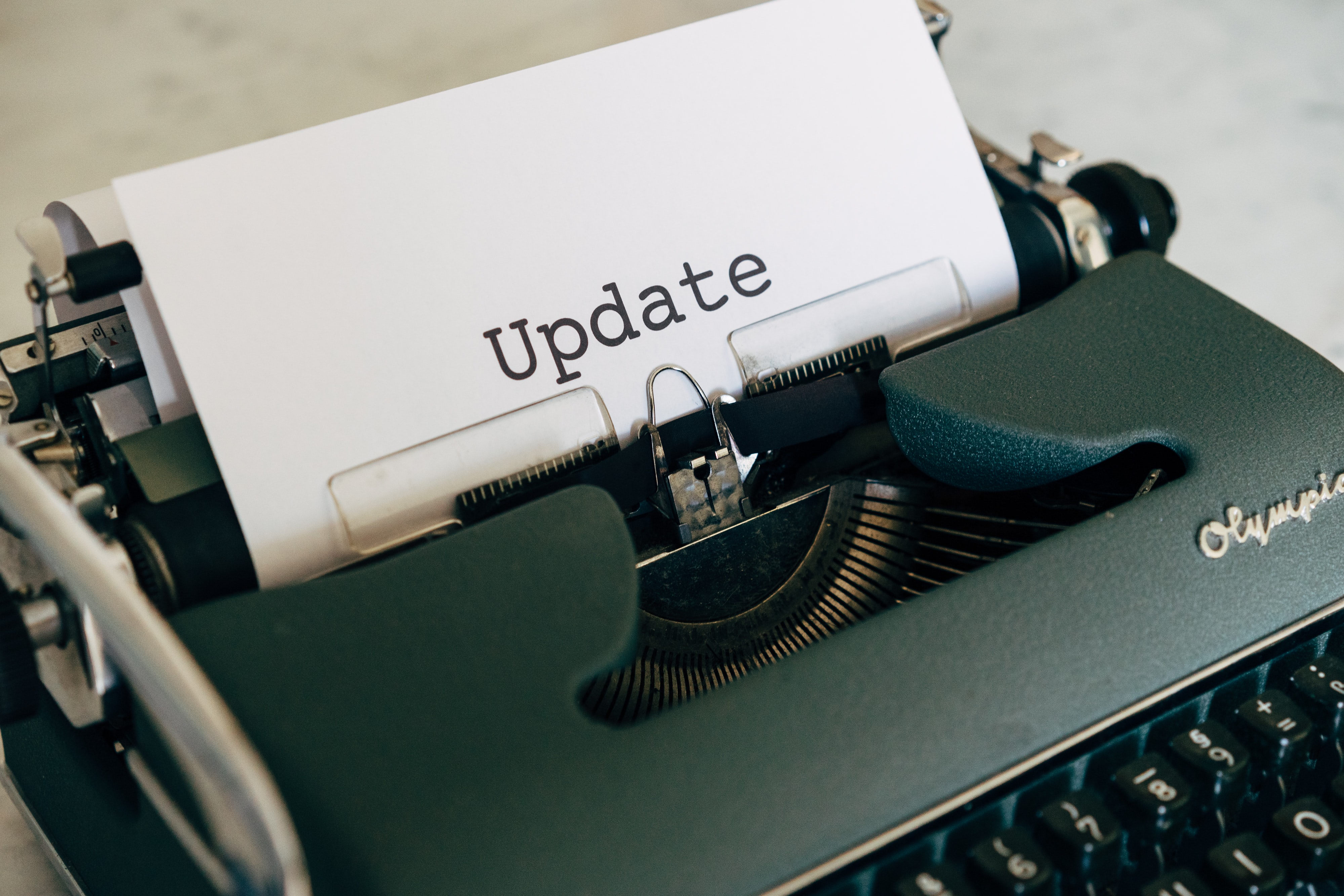
Existing and emerging business models for energy communities and collective energy actions
28 Oct 21
Over 30 participants had the chance to learn more and discuss how energy communities and collective actions organize their activities from the economic point of view in the virtual workshop “Existing and emerging business models for energy communities and collective energy actions” that took place on Thu 28 October.
Gosia Matowska framed the work that DECIDE is caring out to support the 7 pilots and 11 DECIDERs that recently joined the project stressing the importance of knowledge exchange and networking. Among the most pressing, especially for initiatives that are taking the first steps in the community-owned energy sphere, the challenges are many, not the last how to set up a viable business model.
The initial results on the state of art with regard to existing business models, based on an extensive literary review and data collection (still open!) has been presented Andreas Tuerk who also integrate theory with practical examples, highlighting also how the economic organization is strictly dependent in its definition with the contextual legal framework. Based on the information collected, a total of 7 different types of business models has been identified, each one characterized by a different set of activities, stakeholders involved and enabling factors to make them possible.
The workshop has been enriched by the experience of three entities that are, each one in a different way, trying to mainstream citizens participation in the energy transition. An example of collective self-consumption though peer to peer market was provided by Ulfert Höhne that explained how OurPower, a cooperative operating a peer-to-peer marketplace for RES electricity generated by its members has been set up and is growing across Austria with now over 400 members. Niccoló Primo, presented the activities that the Portuguese cooperative Coopérnico is implementing in several different sites; in particular he presented an example of collective residential self-consumption and collective financing in a multi-apartment building in Lisbon which counts over 130 households but also the advisory and supportive role for many other initiatives across the country, including training for municipalities and capacity building events for the community. Finally Athanasis Vasilakis from the National Technical University of Athens (NTUA), introduced two different models which are currently under development in the Greek city of Rafina, where the Municipality is playing a key role not only to facilitate uptake of the project putting at disposal public buildings but is also making use of energy community to tackle the problem of energy poverty. Established in 2019 and supported by the COMPILE project, CoEn is a cooperative that includes 15 buildings with more than 20 members that benefits from the energy produced from PV installations on the roof of municipal buildings.
The following open discussion that took place in breakout rooms, gave to all participants had the opportunity to dig deeper into the initiative presented and the business models that they apply, looking also into their replicability potential and the possible future outlook of economic organization for energy communities and collective actions. The most relevant items from the discussion were the fundamental role of education to engage the community; the knowledge sharing and advocacy as important activities to obtain the support of local and national authorities and therefore the definition of an enabling framework; as well as the lack of social indicators to measure the impacts of such initiatives beyond the economic and environmental aspects.
The discussion will continue, looking into the other elements that affects business models, in the open event that will take place in hybrid format on Friday 5 November, 8:00-11.30 CET. More information here.
Have a look at the recordings of the main plenary and breakout room 2, and breakout room 3.
Stay turned: The preliminary results of the research on existing and new business models for energy communities and collective actions will be published by DECIDE in December!
Image (Unsplash) by "Javier Allegue Barros"
All news


